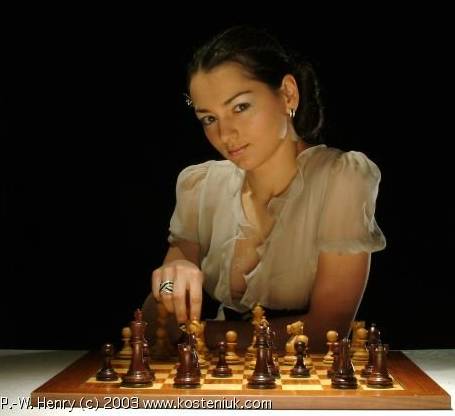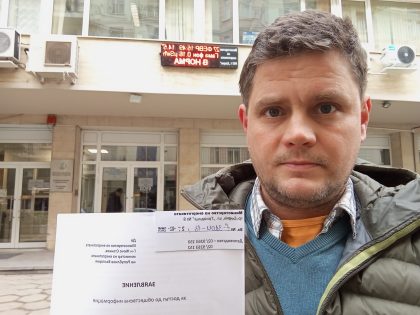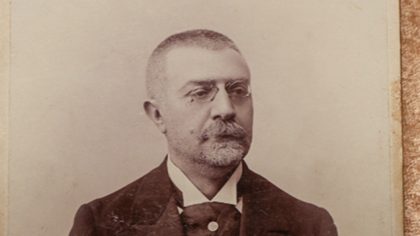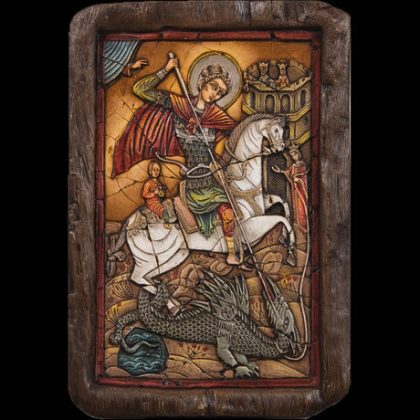Figuring out the shortest possible chess game is easy: we’re all familiar with the Fool’s Mate, a checkmate by Black that comes after just two moves (1. f3 e5 2. g4 Qh4# being the basic idea). See also here. Much more interesting are questions about the longest chess games played.
If you’ve been playing tournament chess for a while, chances are that you’ve broken the 100-move barrier at least once, and many have probably played games much longer than that (I personally know I’ve played a game of over 130 moves, though I can’t say for certain that I haven’t played a longer one when I was a child). Even games of 150 moves or more aren’t unheard of, though they’re certainly unusual. How high do we have to go in order to get to a world record?
The Longest Chess Game Ever
The longest recorded tournament chess game ever played occurred in 1989. At a tournament held in Belgrade, Ivan Nikolic and Goran Arsovic battled for an incredible 269 moves in a game that took more than 20 hours to play. In the end, the game ended in a draw – one that was likely frustrating and exhausting for both players.
Interestingly, the game wouldn’t have lasted nearly as long under today’s rules. At the time, there was a modification to the well-known “fifty-move rule” that allowed players a total of 100 moves in certain endgames where wins were known to sometimes take over 50 moves without a capture or pawn move. That was the case in this game, as the endgame featured a rook and bishop vs. rook, which – while normally drawn – can be difficult to defend for the player down a piece. That rule is no longer in place, meaning the players would have drawn 50 moves earlier.

The Longest Win Ever Perhaps even more impressive is the case of a game between Laurent Fressinet and Alexandra Kosteniuk at Villandry in 2007. In that game, Kosteniuk emerged victorious after 237 moves. The last 116 moves took place in yet another rook and bishop vs. rook endgame, with Kosteniuk eventually breaking through to score a win.
You might be asking yourself how the endgame could have gone on for so long without the game being declared a draw. Actually, Fressinet could have claimed a draw, but choose not to as a matter of principle and fairness. Earlier in the tournament, Fressinet was playing a game against Viktor Korchnoi in which Korchnoi had claimed a draw against him citing the 50-move rule. Fressinet objected, saying that since they were playing rapid chess and the players were not keeping score, Korchnoi could not claim the draw – but the tournament arbiters overruled this objection. Fressinet did not want to be hypocritical by then claiming a draw in similar circumstances, which led to Kosteniuk’s record-setting victory.
The Theoretical Longest Chess Game
While the games described above may be the longest recorded games ever played, it’s clear that a game could potentially go much longer if two players wished it to do so. That has led many people to ask the following question: what’s the longest a chess game could possibly go?
Of course, any question like this needs boundaries (or else the answer would be an infinite number of moves), so the game played would have to adhere to current drawing rules, and the players would be expected to claim a draw if they were entitled to do so. Most importantly, this means the 50-move rule sets an upper boundary on the possible number of moves that can be played. We can also assume that the game will end immediately when both players have only a king left, or any other time that neither player has a theoretical method for winning the game.
One of the best answers I’ve seen to this question appears to be 5,898 moves, which would allow for the maximum number of pawn moves and captures before the game finally comes to a close. However, I think it’s important to note that the “true” answer could be a few moves less than this; it is always possible that there may be occasions in this perfect game that would run into threefold repetition issues (particularly early on when players do not wish to waste pawn moves before absolutely necessary), making the perfectly long game slightly under this number. But still, I believe that the 5,898 answer is the bet answer based on current evidence – and if anyone wants to try to play a game of that length out in a computer program, the best of luck to them!
By Edward Scimia
Chess Expert
www.chess.about.com






